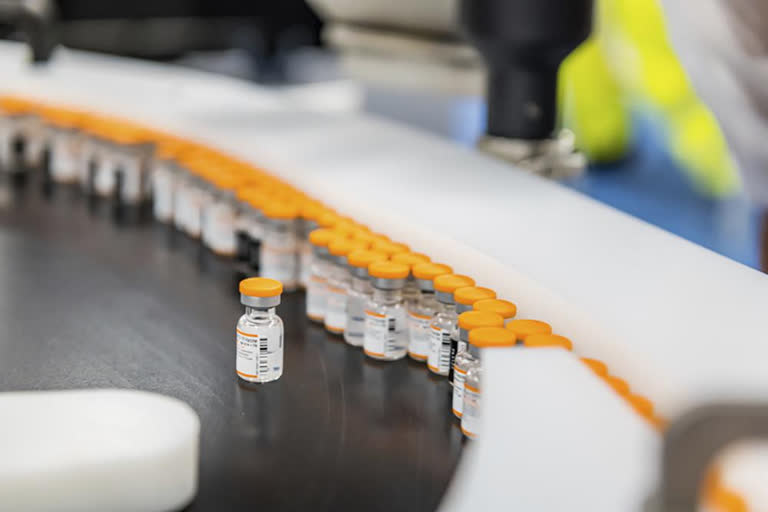Washington: Federal health regulators said late Friday that kid-size doses of Pfizer's COVID-19 vaccine appear highly effective at preventing symptomatic infections in elementary school children and caused no unexpected safety issues, as the US weighs beginning vaccinations in youngsters. The Food and Drug Administration posted its analysis of Pfizer's data ahead of a public meeting next week to debate whether the shots are ready for the nation's roughly 28 million children ages 5 to 11. The agency will ask a panel of outside vaccine experts to vote on that question.
In their analysis, FDA scientists concluded that in almost every scenario the vaccine's benefit for preventing hospitalizations and death from COVID-19 would outweigh any serious potential side effects in children. But agency reviewers stopped short of calling for Pfizer's shot to be authorized. The agency will put that question to its panel of independent advisers next Tuesday and weigh their advice before making its own decision.
If the FDA authorises the shots, the Centres for Disease Control and Prevention will make additional recommendations on who should receive them the first week of November. Children could begin vaccinations early next month -- with the first youngsters in line fully protected by Christmas. Full-strength Pfizer shots already are recommended for anyone 12 or older, but pediatricians and many parents are anxiously awaiting protection for younger children to stem infections from the extra-contagious delta variant and help keep kids in school.
The FDA review affirmed results from Pfizer posted earlier in the day showing the two-dose shot was nearly 91% effective at preventing symptomatic infection in young children. Researchers calculated the figure based on 16 COVID-19 cases in youngsters given dummy shots versus three cases among vaccinated children. There were no severe illnesses reported among any of the youngsters, but the vaccinated ones had much milder symptoms than their unvaccinated counterparts. Most of the study data was collected in the US during August and September, when the delta variant had become the dominant COVID-19 strain.
Also read:Russians flock to Serbia for Western-made COVID-19 vaccines
